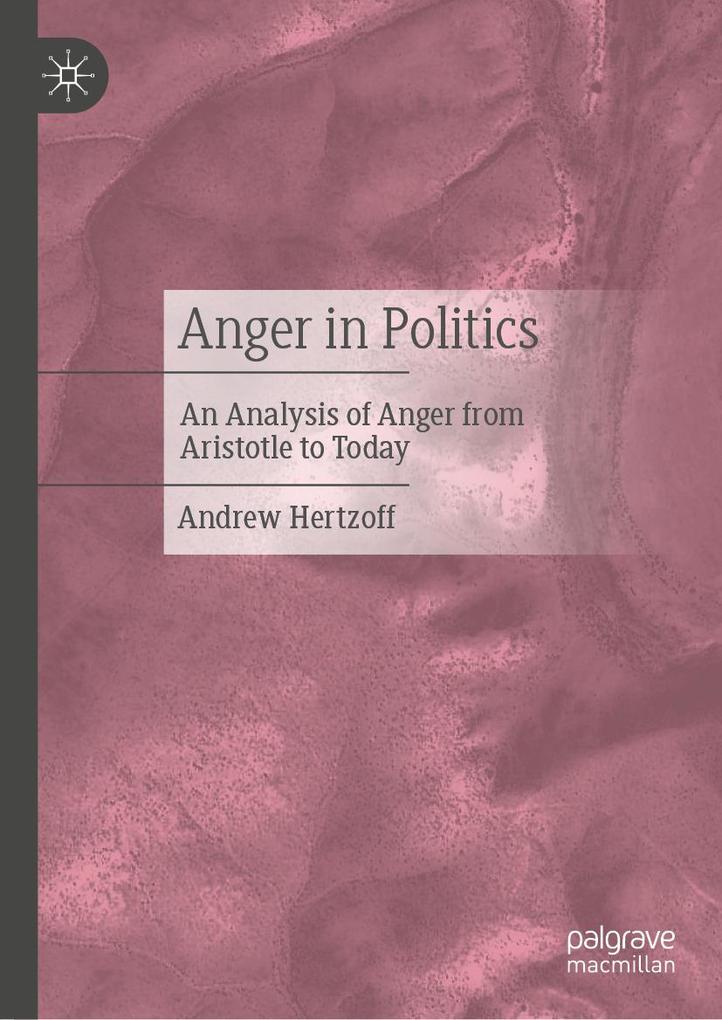Anger is everywhere today. Why is there so much anger in our politics? Why do some things feed unreasonable rage, and other outrageous things fail to provoke outrage? What should we be angry about and how? Some see anger as a toxic force endangering political debate, democracy, and civil society; others see anger as a the only proper motivation to pursue injustice. In this debate, Hertzoff offers considerations grounded in Aristotle's treatment of anger. When, why, and in what ways we become angry need to be judged against a standard of virtuous anger, measured against concepts of justice, dignity, and nobility. In bringing together Aristotle's concept and treatment with our concerns with anger in our society gives us reason to rethink our views of anger, how we learn to be angry, and how we teach children to be angry properly .
Inhaltsverzeichnis
Chapter 1: Introduction. - Chapter 2: Angry Times and Modern Discourse. - Chapter 3: Anger in Ancient Greek Literature and Society. - Chapter 4: Aristotle and Anger. - Chapter 5: Anger in the Roman Empire and Christianity. - Chapter 6: Hobbes, Smith, and the Role of Anger in Modern Liberal Societies. - Chapter 7: Anger and Modern Politics. - Chapter 8: Anger, Revolution, and Oppression. - Chapter 9: Virtuous Anger in a Liberal Tolerant Society. - Chapter 10: Education and Anger.




































